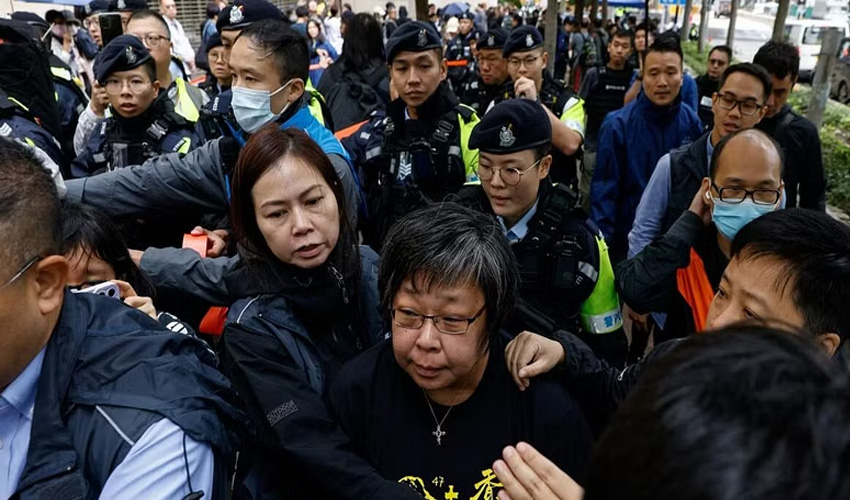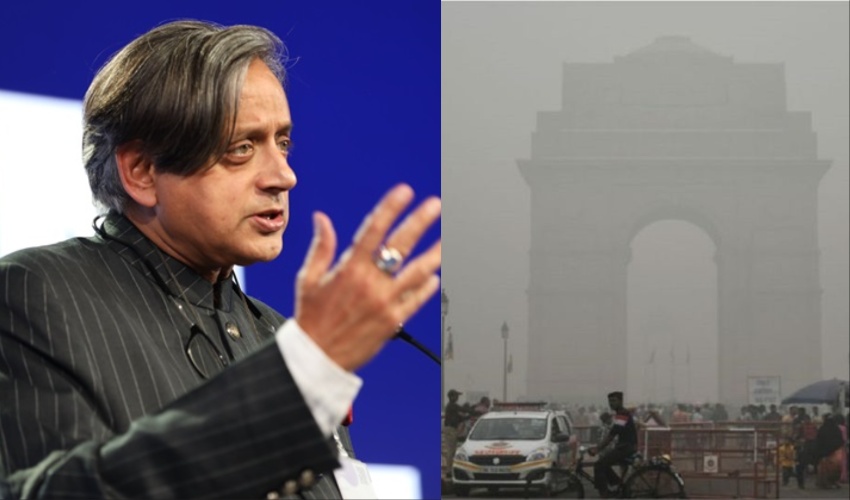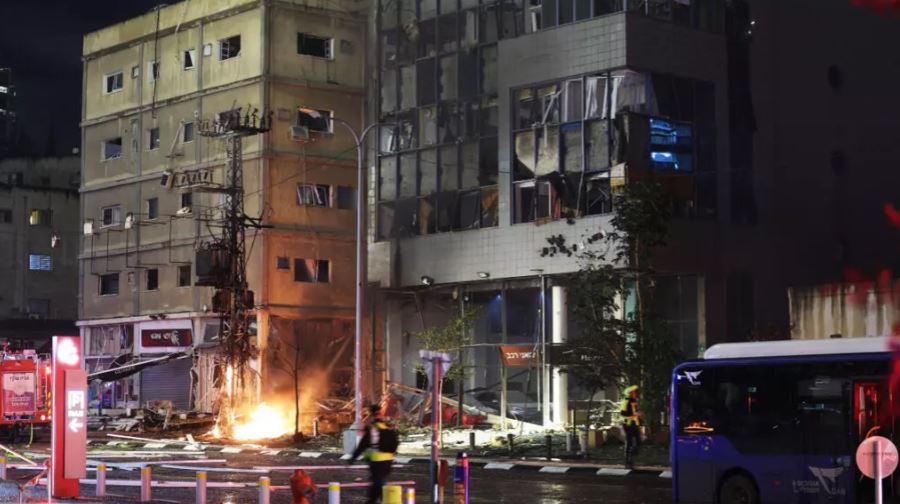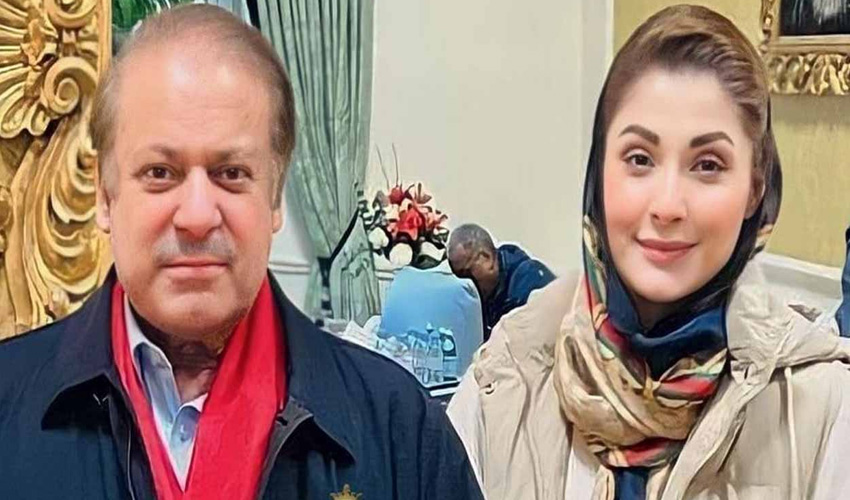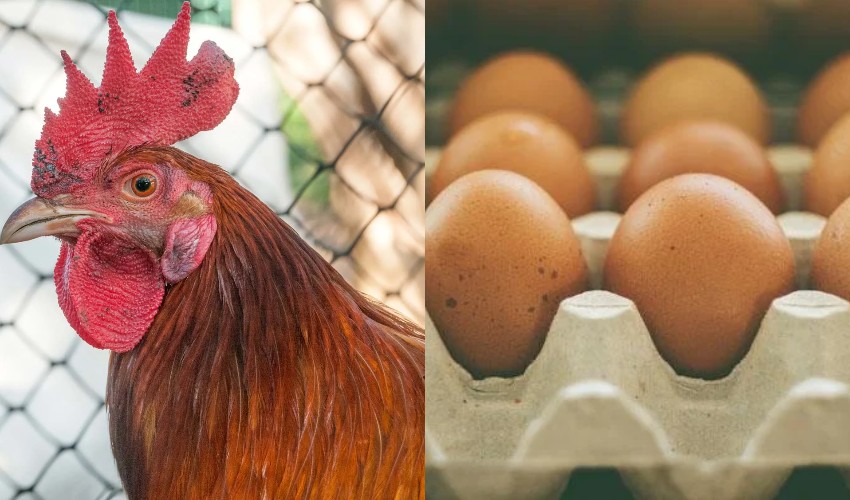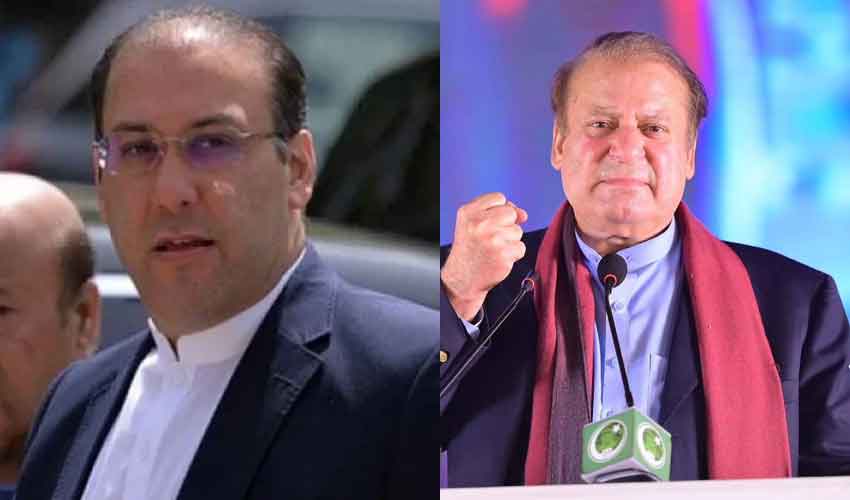In the largest national security case under Hong Kong’s contentious security law, a court on Tuesday sentenced 45 pro-democracy activists to prison terms ranging from four to ten years, marking another severe crackdown on dissent in the Chinese territory.
Benny Tai, a renowned legal scholar and central figure in Hong Kong’s 2019 anti-government protests, was sentenced to 10 years in prison. Prosecutors labelled him the “organiser” of an alleged conspiracy involving a primary election among pro-democracy activists and politicians in July 2020.
The primary, held to select candidates for the city’s legislature, aimed to secure a majority that could potentially block government budgets and force the Chief Executive to dissolve the legislature. However, authorities alleged the move constituted a plot to “overthrow” the government, leading to mass arrests under the sweeping National Security Law (NSL) imposed by Beijing in 2020.
Sweeping convictions
Out of the 47 individuals charged, 31 had pleaded guilty earlier, while 14 contested the charges. In May, the court found all 14 guilty of subversion, except for former district councillors Laurence Lau and Lee Yue-shu, who were acquitted.
Under the NSL, penalties for “primary offenders” can reach life imprisonment, while those deemed secondary offenders face three to five years in prison. The lengthy sentences handed down to Tai and others underscore the severity of the court’s interpretation of the law.
Many of the defendants had been on remand since their arrests in 2021, enduring legal delays exacerbated by the COVID-19 pandemic.
Erosion of freedoms
The case has drawn international condemnation as an emblem of the ongoing erosion of freedoms promised under the “one country, two systems” framework established when Hong Kong was handed back to China in 1997. Critics argue the NSL, introduced to suppress dissent after the 2019 protests, effectively silences opposition voices in the city.
Benny Tai’s role as a central figure in the movement has made his sentencing particularly significant. Known for his academic contributions and leadership in civil disobedience movements, Tai was a key figure in the 2014 Umbrella Movement and later played a pivotal role in mobilising protests against Beijing's tightening grip.
Human rights groups and Western governments have expressed grave concerns over the sentences, describing them as politically motivated and part of a broader campaign to eliminate dissent.
The Hong Kong government, however, has defended the case as a lawful response to “criminal acts” that threatened the city’s stability.
Future of Hong Kong’s pro-democracy movement
With most prominent leaders now in exile, imprisoned, or silenced, the future of Hong Kong’s pro-democracy movement appears bleak.
Analysts believe the recent wave of prosecutions and convictions under the NSL sends a chilling message to those seeking to oppose Beijing’s tightening control.





